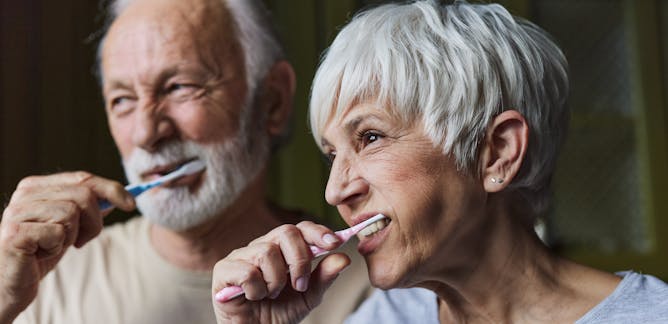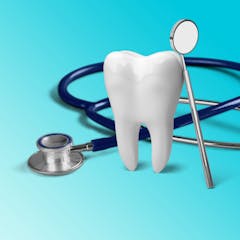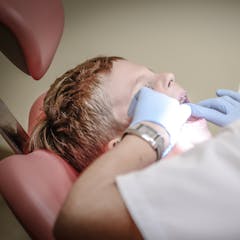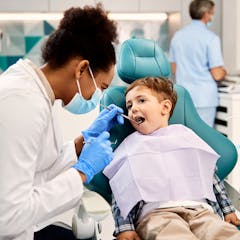
Articles on Dental care
Displaying 1 - 20 of 50 articles

There is ample evidence that poor oral health plays a role in many chronic diseases.

People once used tooth powders made from crushed bone or shells to whiten their teeth. Others rinsed their mouth out with pee. Yuck!

New government proposals include scrapping the exam that overseas dentists usually have to take.

The supply-and-confidence agreement between the Liberals and NDP has helped both parties develop and take credit for the expansion of social policies across Canada. But is it on life support?

In addition to saving costs for individuals and our health-care system, facilitating access to dental care would enhance the population’s oral health and potentially help in managing chronic diseases.

Just like our bodies, our teeth succumb to age-related changes. Here are seven ways to keep your teeth healthier for longer.

Access to dental care in Australia is worse than ever and is simply unaffordable to many.

Teeth grinding is on the rise. Although it causes problems, research also suggests that bruxism can alleviate stress or protect us from certain pathologies.

Affordable and available dental care is crucial to addressing inequality in Australia.

Appalachia has one of the highest rates of oral health problems per person in the US.

Reports have shown 90% of NHS practices are not currently accepting new dental patients.

A national dental care program is welcome news, but raises several ‘billion-dollar’ questions about how the program will work and what will be covered. Here are seven principles to guide decisions.

Canada’s health system does not include dental coverage, leaving a large gap in care that’s existed since its beginning. It’s time to ensure access to oral care.

Do you brush for two minutes, with the correct type of brush and toothpaste? Did you know you’re supposed to spit, not rinse after brushing? And that brushing at the wrong time can cause damage?

Stress is one of the main contributing factors.

Canada’s largely private dental care system exacerbates inequalities and is a barrier to integrating oral health with general health.

Oral health is a key part of overall health, but many Canadians skip dental care due to the cost, resulting in emergency room visits and health issues. It’s time for a dental care plan for all Canadians.

Even during COVID-19, there are ways to keep your teeth healthy.

Bubbly waters are becoming increasingly popular. While these carbonated, sometimes flavored beverages might cause slight harm to teeth, they are far better than soda. They might even be good for you.

Here’s how to avoid a trip to the emergency dentist this holiday.
